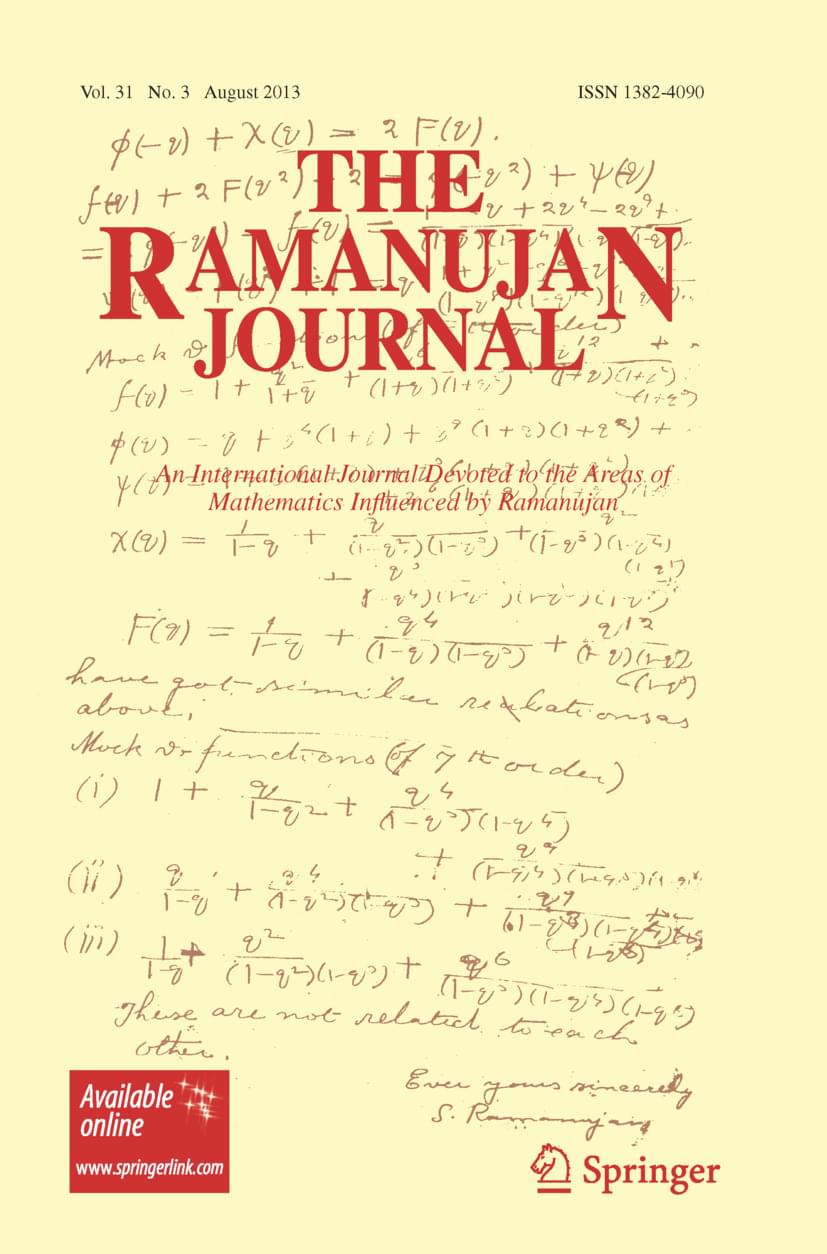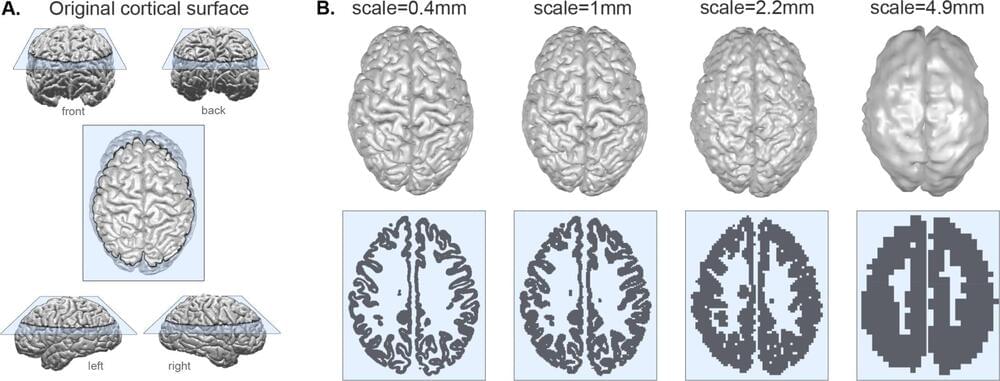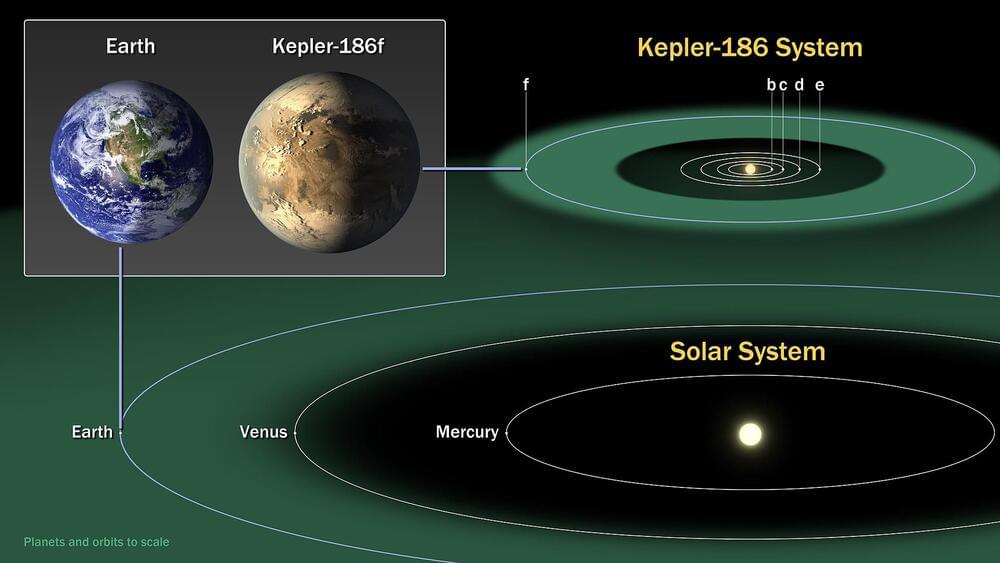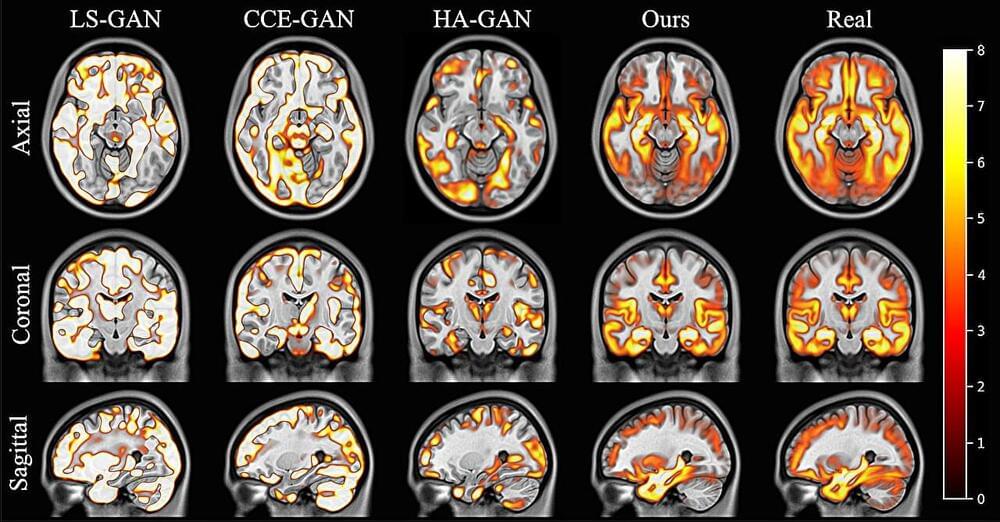“While these conditions are necessary for a planet to host life, they do not guarantee it,” said Anthony Atkinson. “Our work highlights the importance of considering a wide range of factors when searching for habitable planets.”
Does a planet just have to be in a star’s habitable zone to be habitable, or are other forces at play? This is what a recent study published in The Astrophysical Journal hopes to address as a team of researchers from Rice University and NASA investigated whether the interaction between a star’s and a planet’s respective magnetic fields could play a role in determining the habitability potential for an exoplanet. This study holds the potential to help scientists better understand the formation and evolution of exoplanets and the necessary conditions for life to emerge on those worlds.
“The fascination with exoplanets stems from our desire to understand our own planet better,” said Dr. David Alexander, who is a professor of physics and astronomy at Rice University, director of the Rice Space Institute and member of the Texas Aerospace Research and Space Economy Consortium, and a co-author on the study. “Questions about the Earth’s formation and habitability are the key drivers behind our study of these distant worlds.”
For the study, the researchers incorporated a star’s stellar activity and magnetic field into longstanding computer models designed to simulate planetary conditions, specifically for habitability. The team then analyzed 1,546 exoplanets to determine the most suitable exoplanets for habitability. In the end, they found that only two exoplanets were potentially habitable: K2-3D and Kepler-186 f. This was based on their size, location within the habitable zone, reside outside the distance where the solar wind separates from the star, and whose magnetic field strengths can shield them from harmful radiation.







